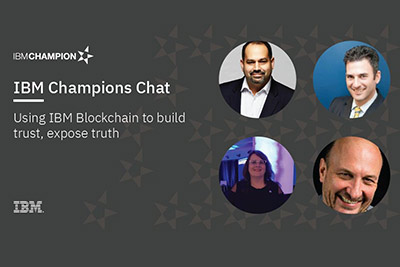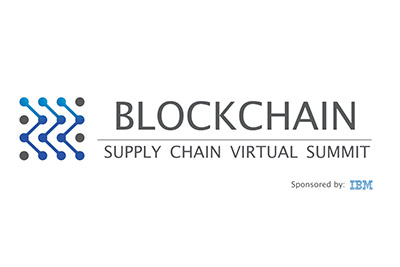Connecticut is on the cusp of becoming a leader in emerging technology.
Recently, the Commerce Committee of the Connecticut General Assembly filed house bill (HB) 7310, An Act Authorizing the use of Smart Contracts, which seeks to legalize the use of blockchain smart contacts for business. Three more bills regarding blockchain have been raised including HB 7309 – An Act Concerning Electronic and Remote Notaries, SB 1032 – An Act Concerning a Blockchain Pilot Program in the Dept. of Administrative Services, and SB 1033 – An Act Concerning Noncompete Agreements in the Blockchain Technology Industry.
On Tuesday, March 12, 2019, Chateaux’s Nick Kammerman, also Chairman of the Connecticut Blockchain Working Group, delivered testimony in support of all four pieces of legislation during the Commerce Committee Public Hearing at the Connecticut State Capitol in Hartford, CT. Learn more about the proposed bills and their impact below:
Testimony of Nicholas Kammerman
Nicholas Kammerman
Chairman, CT Blockchain Working Group
Business Development, Chateaux
State of Connecticut, Commerce Committee
March 12, 2019
Good Morning Sen. Hartley, Rep. Simmons….and the members of the Commerce Committee.
My name is Nick Kammerman and I am the head of Business Development for Chateaux in Westport. We are privately owned enterprise applications company specializing in emerging technologies and cloud migrations. I am also the Chairman of the CT Blockchain Working Group. I am here today in support of:
- HB 7309 – An Act Concerning Electronic and Remote Notaries
- HB 7310 – An Act Authorizing the use of Smart Contracts
- SB 1032 – An Act Concerning a Blockchain Pilot Program in the Dept. of Administrative Services
- SB 1033 – An Act Concerning Noncompete Agreements in the Blockchain Technology Industry
I felt it might be appropriate as the Working Group Chair to give you a little insight into the makeup of our group, our process, and our reasoning behind these proposed bills. With the bi-partisan leadership of Sen. Hartley, Rep. Simmons, Rep. Yaccarino, and Former Sen. Frantz our group consisted of twelve CT residents all with some level of expertise in the Blockchain world. These included, among others, small business owners, members of the state of CT university system, developers, managers and employees of fortune 500 organizations. Input came from both technical and business professionals.
We had three well attended meetings and, as a political neophyte, I was a bit surprised at the liveliness of these meetings. There was a solid public showing and it was abundantly clear that blockchain is a hot topic for many people. There was actual debate. You could feel the excitement that many have about this exciting technology. The discussions continued beyond the formally scheduled meetings. Working Group members actively maintained conversations on dedicated a Slack site. There were extensive phone conversations with members of this committee and legislative attorneys. There was true collaboration to create the bills that we are discussing today, and it was an honor and joy to be a part of it.
In terms of blockchain as a technology. I will preface my statements by saying that I am not a developer and my hands-on experience of blockchain is based primarily on the business side. That said, I have been engaged in numerous development projects where blockchain was featured. I have extensive knowledge of use-cases and strong beliefs of where blockchain would be greatly beneficial.
The most important factor to remember when discussing blockchain as a platform…is trust. To address what I know many people think of and fear when they hear blockchain, I want to quote Jerry Cuomo, IBM’s VP of Blockchain Technology when he testified in front of a U.S. House Energy and Commerce subcommittee March 16, 2016:
I want to tell you what blockchain is not, It’s not Bitcoin, the cryptocurrency. While blockchain is the core technology that enables Bitcoin to operate, it can be used for entirely different purposes. Whereas Bitcoin is an anonymous network, blockchain can be used to set up trusted networks to handle interactions between known parties. The benefits Blockchain are realized in its broadest use across the broadest set of industries…. from supply chain to trade settlement; from tax to land deeds; birth certificates and social security.
As Mr. Cuomo states, the areas of use for blockchain, although not limitless are broad.
This Committee formed the CT Blockchain Working Group in effort to establish Connecticut as the state people think of when discussing blockchain development. The bills that we proposed are just scratching the surface of what is needed to shine us in this light. But, it is a start. Unfortunately, we are not alone in this pursuit. Delaware, Wyoming, Tennessee, Arkansas and others have either enacted legislation or have begun discussions.
I encourage CT to not only pass these bills, but also embrace the technology. CT needs a successful use case of their own. It is these types of actions that would further CT in its quest to be the blockchain capital of the United States.








